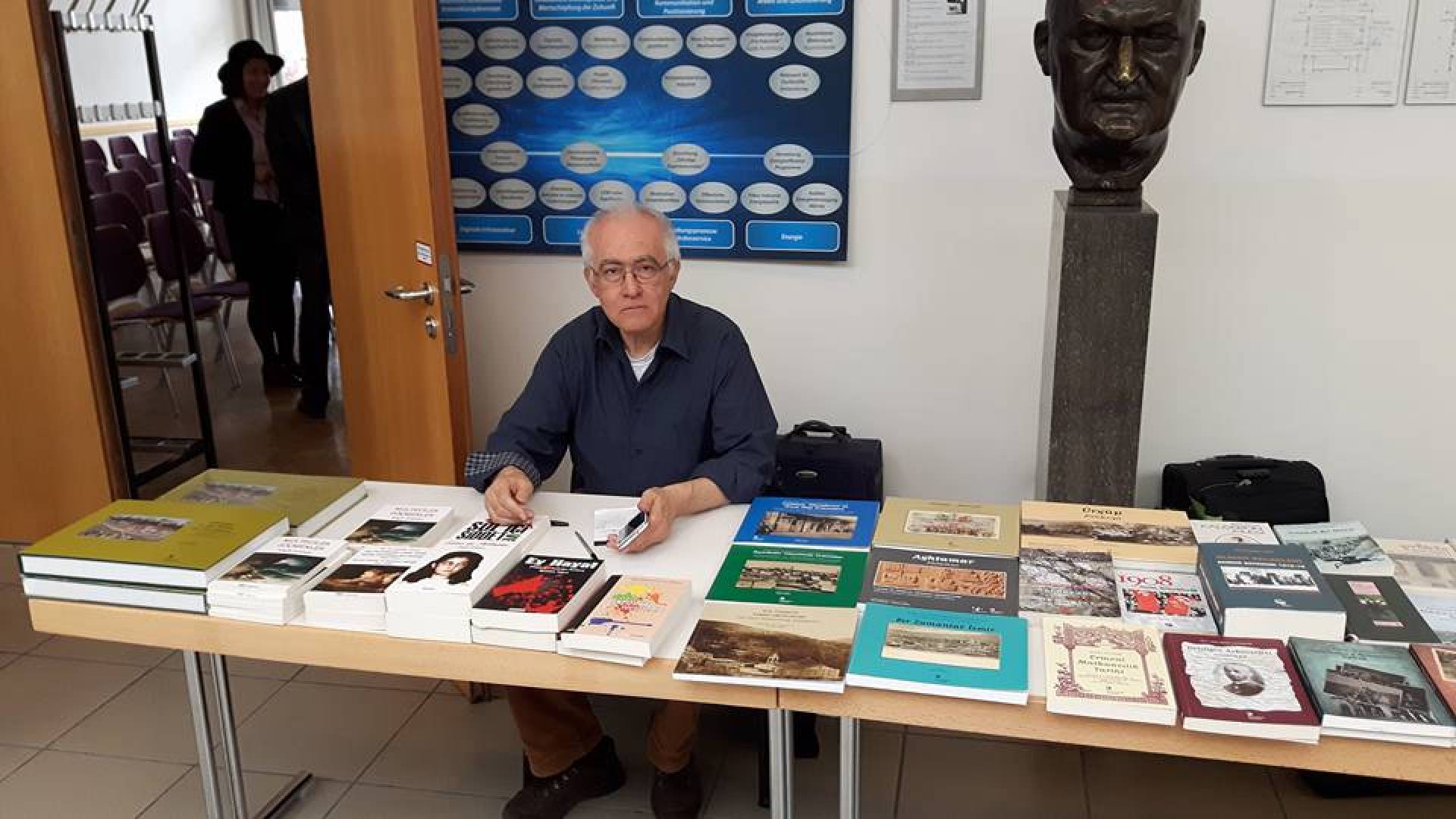Engin Erkiner Wrote TURKISH CULTURE-ART JOURNALS IN EUROPE
TURKISH CULTURE-ART JOURNALS IN EUROPE Engin Erkiner I did not find the name “Migration Journals” correct. Since they were published in European countries, the publishers were immigrants, but these magazines did not necessarily have to include issues related to immigration. As a matter of fact, it will be seen that this is the case in the magazine samples. “Turkish magazines” would not be correct either, because starting before 1980, many Turkish political magazines were published in European countries. The first magazine was Wildel, which was published by Mustafa Demir in Berlin in the early 1980s. Exposing the 12 September regime in accordance with the characteristics of the period was at the forefront in the magazine. The course lasted for a year. The general feature of such journals is that they are published for short periods of time. The majority of its readers were socialists who had come to European countries before and after September 12, and each segment read their own magazine. It could not be said that this segment was related to culture and art. In 1982, Resistance started broadcasting. He was dating in Duisburg but ran into known difficulties after a few points. The first of these was economic distress. He moved to Frankfurt and his name was changed to Summer. If this journal is counted as Resistance, it would have been published for 28 years. The journal was to be prepared in Germany between 1992-2001 as a Literature in Europe and Turkey, to include authors from Turkey, to be published in Turkey, and to be distributed both in Europe and Turkey. In the early 1900s, it would be the second magazine to be published first in Europe and then in Turkey after the İttihat ve Terakki's Meşveret magazine published in Paris. It is not possible to know exactly who its readers are, as it is sold by some dealers as well as by hand distribution. It can be said that its readers are mostly not organized socialists. The readers of the magazine were mostly people who were not in a particular organization but were leftists and CHP. It would take place with its own stand at the Frankfurt Book Fair for 20 years in the summer. While less space was given to immigration-related issues in the literature, the writings of intellectuals and artists who had to come to European countries after September 12 were heavily featured. The reason why the magazine was published longer than the sum of all culture and art magazines published between 1980-2000 is that it can create its own readership. The magazines, which started their publication life with economic support from the cultural offices (Kulturamt), could not be published for a long time. When Kulturamt lost support for one reason or another, the broadcast also stopped. From storytellers to those who wrote about the exhibitions of Turkish painters, from poets to people of culture such as Server Tanilli, and many names from Turkey such as Emin Karaca were featured in the magazine. It was this diversity that kept the magazine up. The poetry magazine Parantez, of which Gültekin Emre was responsible, was published in Berlin. It would take two years. A culture-literature magazine called Demet in Frankfurt could only be published in two issues. Alli Cranes published by Can Yoksul in Detmold lasted a few years. A German-Turkish magazine called Magazine in Duisburg was to be published for two years with the support of Kulturamt. Outside of Germany, as far as I know, a magazine published by Ayşe Emel Mesçi, as Tiyatro 87 and 88 in France, had two issues. The French Post published by İbrahim Yalçın in Paris would not have more than two issues. A culture-arts magazine was also published in the Netherlands, but I don't remember the name. It ceased publication in summer 2010. Internet journalism had begun, and the interest in print, which used to be, had dwindled. In the following years, short-lived and printed culture and art magazines were published, but I could not remember their names.



 Türkçe
Türkçe 


















